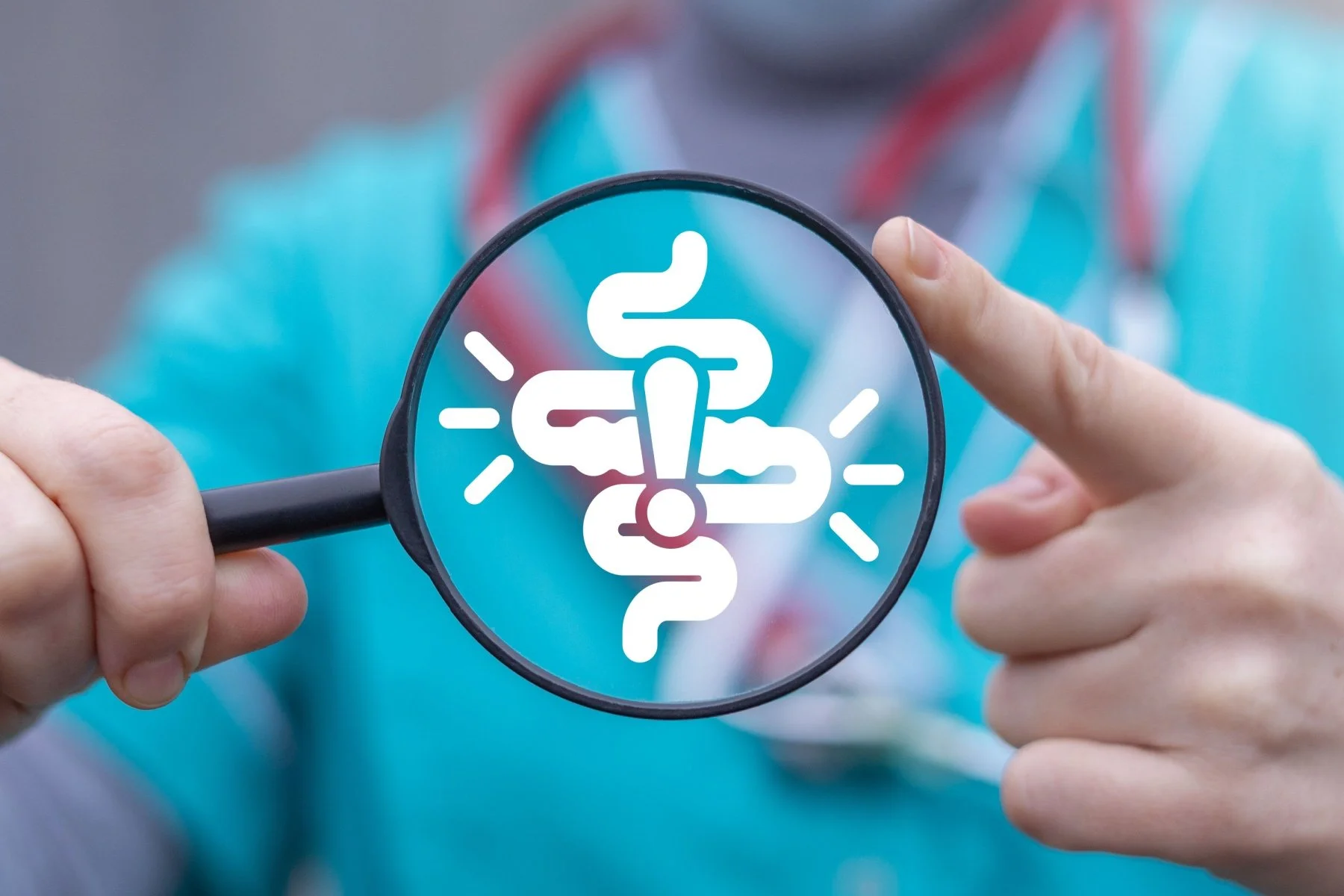
Inflammatory bowel disease
Understanding IBD – In Plain English
When you hear “IBD” (Inflammatory Bowel Disease), it can sound like a scary, medical label that’s hard to wrap your head around. But really, it’s an umbrella term for conditions where your digestive tract becomes inflamed over time — the two main ones being Ulcerative Colitis and Crohn’s Disease.
Put simply:
Ulcerative Colitis affects the large intestine (colon) and rectum.
Crohn’s Disease can affect any part of the digestive tract, from mouth to bottom.
How does it start?
Everyone’s story is different, but IBD often develops from a mix of:
Immune system confusion – Your body mistakenly attacks its own gut lining, thinking it’s protecting you.
Gut microbiome imbalance – A lack of diversity in gut bacteria or an overgrowth of the “wrong” ones.
Triggers – This could be food sensitivities, stress, infections, or even certain medications like antibiotics.
Genetics – Family history can make you more susceptible to developing these conditions, but it’s rarely the only reason.
In my own case, years of poor diet, high stress, lack of quality sleep, and repeated courses of antibiotics eventually tipped the scales. My gut went from a bit sluggish to full-blown inflammation — and the symptoms quickly became impossible to ignore.
Common symptoms can include:
What does it feel like?
Abdominal pain and cramping
Diarrhoea (sometimes with blood or mucus)
Fatigue that doesn’t go away with rest
Urgency to go to the toilet
Weight loss and nutrient deficiencies
I remember spending hours planning my day around toilet access, constantly battling fatigue, and feeling like my body was in control of me, not the other way around.
Why symptoms alone aren’t the full story
Doctors often focus on suppressing inflammation with medication, which can help in the short term, but it rarely addresses why the inflammation started. For me, it wasn’t until I began looking deeper — at my diet, stress levels, and lifestyle — that things truly started to change.
Over time, I learned that:
Food can be medicine (and also a trigger if chosen poorly)
Stress management isn’t optional — it’s essential
Lifestyle tweaks like better sleep, hydration, and movement can make a huge difference
I know how overwhelming it can feel to try and “fix” your gut health when you’re in the thick of symptoms. That’s exactly why I created The AIP Diet for IBD (Crohn’s & Colitis) — a simple, step-by-step guide that walks you through my approach to calming inflammation, improving digestion, and regaining control.
Take Your First Step Towards Freedom
Take Your First Step Towards Freedom
You don’t have to figure it all out alone.
Download The AIP Diet for IBD Crohn’s & Colitis – and start making changes that actually get to the root of the problem.
By submitting this form, you agree to join our mailing list and receive marketing communications from us.












